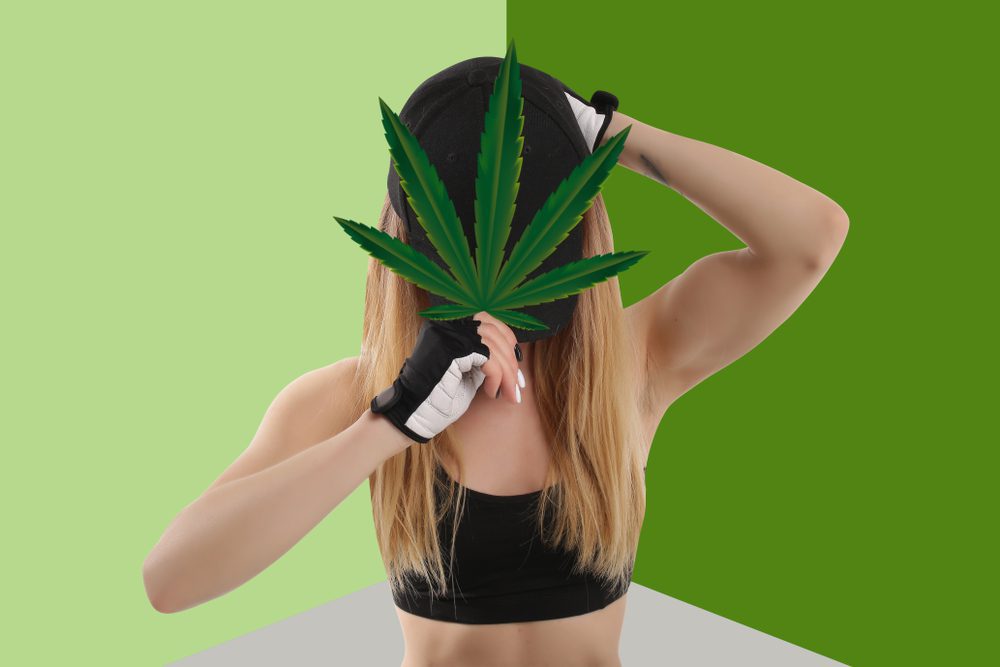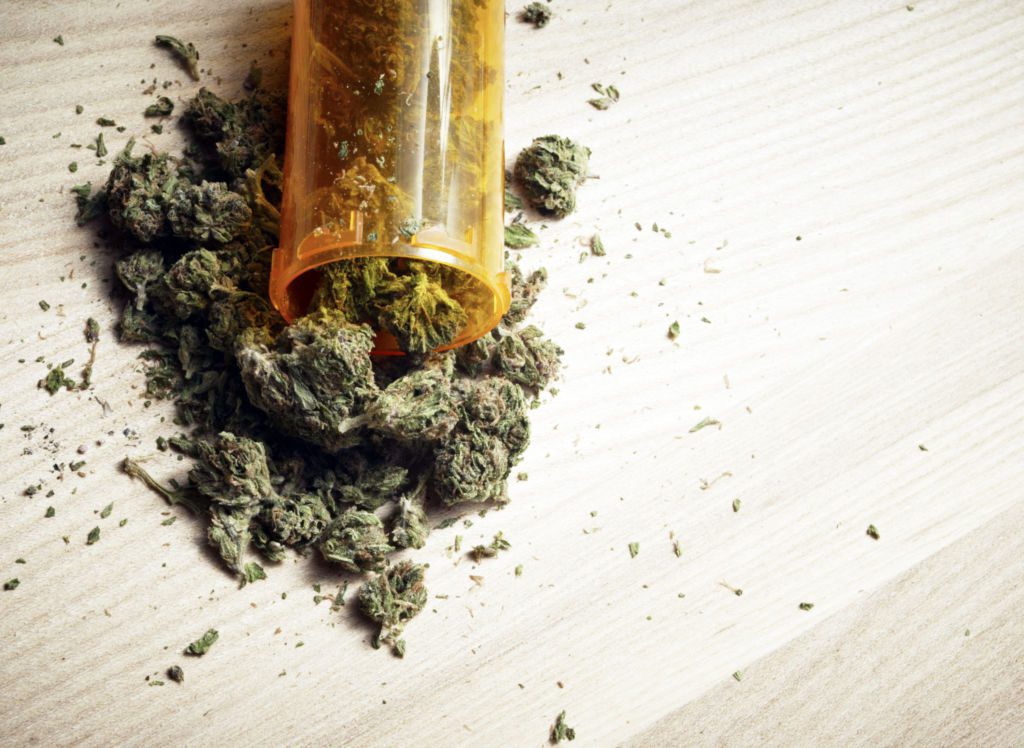Working out high: Pros and Cons
Cannabis users are speaking out more frequently about how the drug has improved their mental and physical well-being as even more US states have legalized it. More and more people are asking themselves whether working out high is safe.
Although this lazy stoner stereotype indicates cannabis smokers are merely lazy slobs with the munchies. These others incorporate the substance into their workout regimens, or simply those going to the gym high have claimed more regular workouts, improved psychological well-being, and improved body image. So, people want to know, can you working out while high?
Marijuana and exercise are a far better mix than most people imagine. While it might not be causing you to burn more calories, working out high can offer many benefits, but it may also have a few negatives worth considering. Here are the pros and cons of working out high:

Pros of working out high
- Simply said, coming to the gym when you are high is wonderful if you want to concentrate on your activity and have a calm experiencecan make the routine pleasurable and rewarding.
- Working out while high can make the routine pleasurable and rewarding. Contrary to what many believe, not every weed smoker stays attached to their couch the whole day. In reality, many extremely successful sportsmen and women smoke a joint before undertaking their workout regimen. A few even end up competing after getting high on weed.
Cons of working out high
Is it bad to workout high? Here are the cons of working out high:
- According to a study, THC can also raise the cardiovascular rate and cause you to exhaust more quickly, so you probably will not be reaching your personal best while using it. Therefore, working out while high, especially, could be dangerous.
- People who are close to suffering an accident may find this advantage to be a double-edged weapon. While exercising while high, never disregard pain, and pay attention to what is happening to you. Otherwise, a slight ache could develop into a significant ailment that keeps you out for several weeks.

What Happens When I Use Medical Marijuana to Work Out?
The most popular disclosed motivations for using cannabis before physical activity were treating pain or alleviation, improved focus and relaxation, increased energy, the enhanced pleasure of exercise, and pain control.
Does Medical Marijuana Help Me Have a More Intense Workout?
Cannabis does not improve performance. Note that despite the World Anti-Doping Agency’s prohibition of marijuana, there is no proof that it can enhance an athlete’s size, strength, or speed. Cannabis has a history of lowering athletic performance, if anything.

Marijuana For Endurance Training
Most athletes who use marijuana consume it on an as-needed basis, such as to relieve muscle aches the day after a competition or if they are aware that they frequently have difficulty falling asleep after a challenging workout. To reduce the danger of addiction or cannabis consumption problems, several specialists advise cannabis users to space out their doses.
Conclusion
Very little research has occurred on the interplay of cannabis and endurance training. Still, working out high is becoming popular since the chemical can make workouts pleasurable, less stressful, and anxiety-provoking.
Take caution when using cannabis, and exert yourself to the fullest extent throughout your workout. If not, THC’s excessive brain stimulation could negate the health advantages of cannabis for a workout. For the novice and experienced smokers alike, experts advise consuming less cannabis than one would believe they should when it relates to the recommended dosage for pre-workout consumption.
Wondering about vaping marijuana? Learn everything you need to know here!
FAQ
Is it safe to work out while high on cannabis?
While some individuals find it beneficial, it's important to note that working out high may have both positive and negative effects. It's essential to consider personal health factors and exercise caution.
What are the potential benefits of working out high?
Working out while high can enhance focus, promote relaxation, and increase the enjoyment of exercise for some individuals. Additionally, it may help alleviate pain and improve psychological well-being.
Are there any risks associated with exercising while high?
Yes, there are potential risks. Cannabis use can elevate heart rate and lead to quicker exhaustion, potentially impacting performance and safety during exercise. It's important to be mindful of one's limits and not to ignore any signs of discomfort or pain.
Can medical marijuana enhance my workout intensity?
Medical marijuana is not known to enhance physical performance or intensity. While it may offer benefits such as pain relief and relaxation, it does not directly improve athletic performance.
